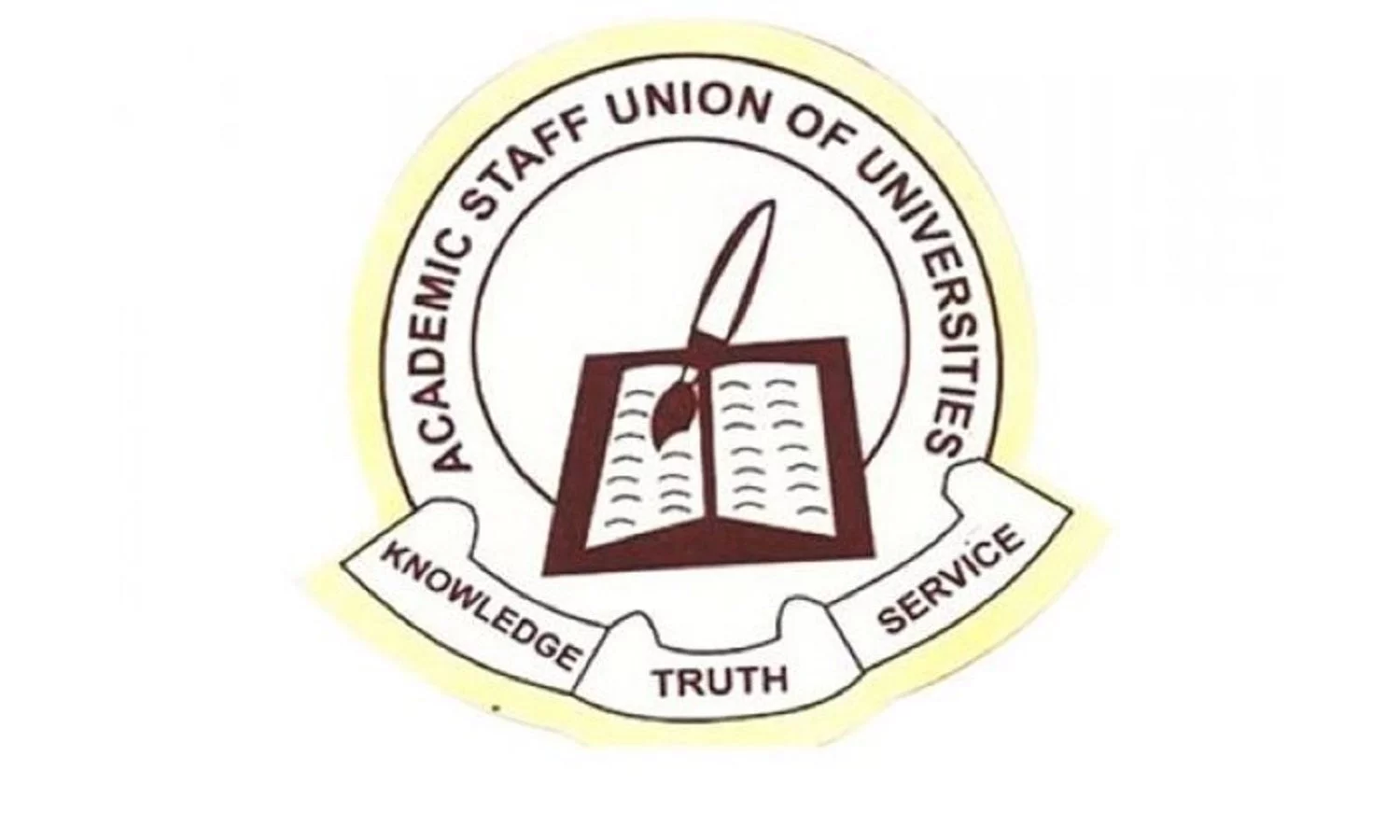The maiden convocation lecture of Federal University Dutse, delivered by Professor Attahiru Jega, the immediate past INEC chairman, revealed many intriguing issues in education sector. BAYO ALABIRA writes.
Despite having over 840 higher institutions in the flesh of universities, polytechnics, monotechnics, colleges of agriculture, colleges of health, colleges of education, technical colleges, vocational educational institutions and the innovative enterprise institutions across the length and breadth of the country, the education sector is still walloping in myriads of problems.
This situation has led to so many unanswered questions , but Professor Attahiru Jega, the immediate past Independent Electoral Commission (INEC) chairman in a paper entitled: “Reforming the Nigerian Tertiary Education System: Challenges and Prospects”, delivered at the Maiden convocation of the Federal University Dutse (FUD) suggests solutions and way forward to some of them.
In the paper, Professor Jega, a former vice-chancellor, Bayero University Kano (BUK) suggested that the immediate solution to these standoffs in higher institutions in the country is a “true transformation, which will involve practical and epistemological rupture”.
Considering the fact that education has deteriorated over the years, Jega said what is certainly needed in the present context of Nigerian higher education and the desirable transformation is “political will, careful and dogged planning stake holder partnerships and sustained funding.
The university don further pointed out that there are lots of inadequacies and decay in the system caused by those saddled with the responsibilities of running the sector over the years.
He explained that of the 840 institutions in the country are 141 universities, 95 polytechnics, 27 monotechnics, 83 colleges of education, 36 colleges of agriculture, 50 colleges of health tech, 132 technical colleges and 135 vocational education institutions and innovative institutions, while 141 school of nursing and midwifery, spread around the country.
Jega said during his convocation lecture that the only way out for these institutions to survive and continue to absolve millions of youths, seeking to be admitted every year, substantial public commitment to funding education should be made and be sustained beyond mere political promises.
To this end, he said funding should be reflected in a remarkable increase in public expenditure as a percentage of the budget and as a per cent of the GDP”.
He, therefore, recommended that “even if Nigeria cannot spend 12.8 of it GDP on education as Cuba does, why can’t it devote 8.1 per cent as Ghana has done or even 9.5 per cent as Botswana does?
The least to be expected, that Nigeria should commit itself to spend substantially more than 5.1 per cent of its GDP on education, an average for the Sub-Saharan Africa; that is, if it cannot allocate 13 percent, as Lesotho has done between 2005 and 2015”, Jega emphasised.
The Professor further stressed that the two per cent being contribution by multi-national companies to Tertiary Education Trust Fund (TETfund) should be jacked up to 5 percent.
“The contribution of companies to TETFund should be raised from two to five per cent for the next 10 years”.
Another recommendation suggested by Jega is that scholarship should be paid directly to the institutions, rather than paying through the scholarship board by states and federal government.
“State and federal scholarships and bursary schemes should be disbursed through the institutions, rather than through the unwholesome bureaucracies of various ineffective and corrupt scholarships boards”.
Again, he recommended that a student’s loan scheme should be established and given to students who have nobody to pay for them and such students can pay after their graduation, but not immediate until he or she starts working.
“A well funded Students Loan Scheme should be established, so that whosoever merits should pursue studies in tertiary institutions will not be prevented for lack of funding opportunities”.
Jega told the graduates of FUD that another important aspect is that the “universities must revert to the good culture of the academia of peer-reviewed publications for the purposes of individual academic progression in the system, and most importantly, in order to be globally competitive and relevant.
While the governance process in the system must be continuously reformed and democratised and made more open, inclusive, transparent and accountability, imbued with the principles of academic freedom and relative autonomy, as well as respect for fundamental human rights, should be their guiding principles.
“To adequately increase quality and improve relevance, attention has to be paid to recruitment and training of academic staff, rehabilitation and expansion of infrastructure and facilities; revitalisation of research and development, reviewing and remodeling of curricula”, he said.
Jega said this is necessary because “with regards to academic staff, presently, more than six per cent are said to be Lecturer 1 or below inter and intra sector brain-drain for many universities, growing enrollment occurs amidst staff shortages”.
He said the situation is so bad that “universities porch senior academics from one another, or literally rent them for the purposes of accreditation, that is if they do not lose them to others abroad or to high paying sectors of the domestic economy.
In 2010, it was estimated that while universities required 50,000 academic staff, they had only 30,452, leaving a shortfall of 19, 548 representing 39.1 per cent”.
Jega lamented that “polytechnics and monotechnics required 30,016, and had 12,938 academic staff but they are having a shortfall of 17,078 or 56.9 per cent and colleges of education required 20, 114, had 11,256, but are having shortfall of 14, 858 or 56.9 per cent”.
He, therefore, advised that the National Universities Commission (NUC) and other relevant bodies should engage the institutions and guide a comprehensive review of the curricular to improve its quality, as well as relevance to the needs of public and private employers.



